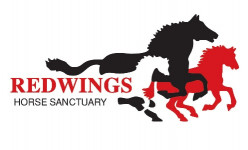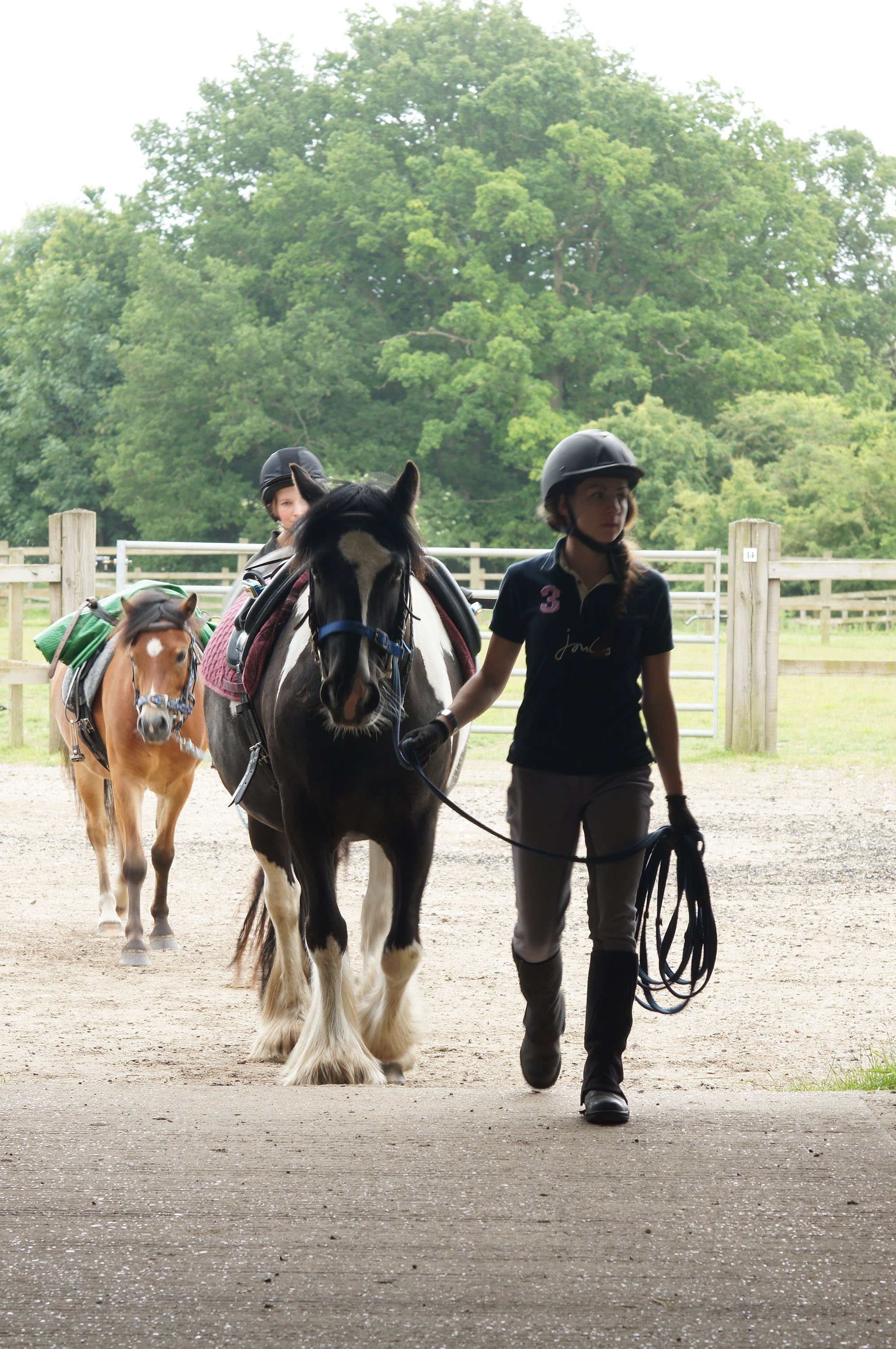Posted: 16th January 2020 | Back to news feed

Make your New Year’s biosecurity resolutions!
Are you feeling motivated to build some new good habits in the New Year? While we’re all quick to make resolutions about ourselves, why not commit to making some positive changes to help protect your horse from infectious disease?
As part of its award-winning #StampOutStrangles campaign, Redwings Horse Sanctuary has produced a list of simple actions you can take to significantly reduce the risk of disease and challenge the stigma around strangles in 2020.
- Take the Pledge – By signing-up to Redwings’ Stamp Out Strangles Pledge you’ll be joining a growing community of over 1,000 people who have made a voluntary commitment to protect their horses, and those around them, from infectious disease. As a Pledger, you’ll be sent an information pack full of practical advice and information on spotting and preventing strangles, as well as how to manage an outbreak if disease does strike. You’ll also receive regular updates on the latest strangles research to help you stay one step ahead of the disease.
You can take the Pledge here: https://www.redwings.org.uk/strangles/make-a-pledge
- Ask about screening procedures – Livery yards are particularly vulnerable to strangles outbreaks. If you’re a new horse owner or are looking for a new livery yard, ask the manager about what screening procedures or isolation rules they have in place to reduce the risk of strangles being bought into the yard. You can also check which yards near you have signed up to the Pledge, by clicking here: https://www.redwings.org.uk/strangles/find-a-yard

If you’re a yard manager and need help in putting together a Yard Agreement, you can download an editable template here: https://www.redwings.org.uk/strangles/help-and-advice/yard-managers
- Buy isolation equipment – To undertake effective isolation procedures, you’ll need some kit! If you’re a yard manager, then having essential items on hand - such overalls, disposable gloves and disinfectant - means you’re already one step ahead whenever it comes to dealing with a suspected outbreak or when screening new arrivals.
Watch this video, featuring Redwing’s Head of Welfare Nic de Brauwere, which explains how to set up an isolation area:
- Clear carriers – If your horse has had strangles in the past, unless it was checked by a vet after recovery, it could have become a long-term carrier of the disease. If you’re unsure, speak to your vet about your horse’s history and testing options, such as a guttural pouch endoscopy, to ensure your horse is definitely infection free.
If you’re unsure what happens during an endoscopy, here Nic talks through the procedure and why it’s so important:
Check temperatures regularly - Your horse’s temperature is an important health indicator and one of the first signs of infectious disease is fever. Why not make temperature checking part of your grooming regime or set-up a temperature checking rota on your yard to catch any problems early?
In this video, Nic demonstrates how to safely take a horse’s temperature:
- Stamp out stigma – Sadly, negative attitudes towards strangles can still be a barrier when it comes to horse owners and yard managers taking proactive, preventative measures. But strangles can happen to anyone, and the more people are prepared to share their stories, the quicker those barriers will come down. So, why not pop the kettle on, have a natter in the tack room and encourage more to come forward to share their experiences on this important topic?
Need some inspiration? Click here to read about how others have dealt with outbreaks and contribute your own story: https://www.redwings.org.uk/strangles/stories
For further information, head to Redwings’ online Strangles Hub at www.redwings.org.uk/strangles
The Equestrian Index newsfeed is compiled from articles submitted by advertising members and expresses the opinions of those members. Watsons Directories Ltd shall not be held liable for any inaccuracies or mis-statements therein.
